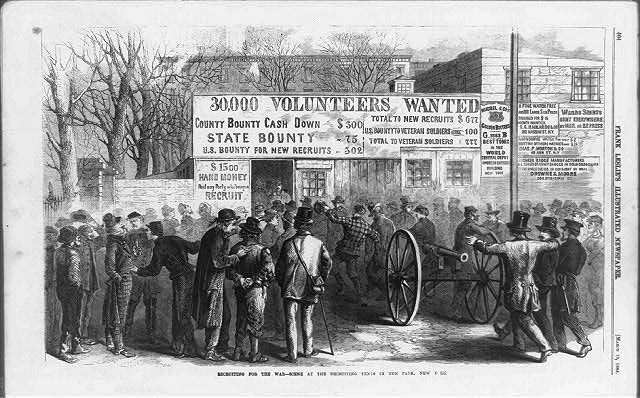150 years ago today a Southern newspaper looked to the American Revolutionary War to find a general who knew the polite way to wage a war of subjugation. From the Richmond Daily Dispatch March 26, 1864:
Two extracts from revolutionary History.
The war carried on by Great Britain against the colonies during the Revolution was waged for subjugation. The present war, waged by the Yankees against independent States, is for the same object. The original manuscript order book of Lord Cornwallis is in the possession of a gentleman near Fayetteville, N. C., and the following extracts from it are published to show the difference between the conduct of the Commanding Generals of the British army in the seventeenth [sic] and the Yankee army in the nineteenth centuries:
Headq’rs Cantear’s Plantation,
2d Feb’y, 1781.
Orders– Lord Cornwallis is highly displeased that several houses were set on fire during the march this day — a disgrace to the army — and that he will punish with the utmost severity any person or persons who shall be found guilty of committing so disgraceful an outrage. His lordship requests the commanding officers of corps will endeavor to find out the persons who set fire to the houses this day.
Headquarters, Saulsbury.
5th Feb’y, 1781.
It is with great concern that Lord Cornwallis acquaints the army that he has lately received the most shocking complaints of the excesses committed by the troops. He calls in the most serious manner on the officers commanding brigades and corps to put a stop to this , which must inevitably bring disgrace and ruin on His Majesty’s service. He is convinced that it is in their power to prevent it, and has seen so many proofs of their zeal for the service of their country that he cannot doubt of their exertions to defeat and punish offenders; without which the blood of the brave and deserving soldiers will be shed in vain, and it will not be even in the power of victory to give success.
Great complaints having been made of negroes straggling from the line of march, plundering and using violence to the inhabitants, it is Lord Cornwallis’s positive orders that no negro shall be suffered to carry arms on any pretence, and all officers and other persons who employ negroes are desired to acquaint them that the Provost Marshal has received orders to seize and punish on the spot any negro following the army who may offend against this regulation.
Headq’rs, Dobbin’s House,
17th February 1781.
Lord Cornwallis is very sorry to be again obliged to call the attention of the officers of the Army to the repeated orders against plundering. He desires that the orders given on the 28th January, 4th February, and the 16th February, may be read at the head of each troop and company on each of the three first halting days, and he assures the officers, that if their duty to their King and country, and their feelings for humanity, are not sufficient to enforce their obedience to them, he must, however reluctant, make use of such power as the military laws have placed in his hands.
Brigade morning Orders,2d March, 1781.
A foraging party, consisting of one officer, two sergeants, two corporals, and twenty-four privates, to assemble at the guns this morning at 8 o’clock with the battalion horses.
Notwithstanding every order, every entreaty, that Lord Cornwallis has given to the army to prevent the shameful practice of plundering and distressing the country, and those orders backed by every effort that can have been made by Brigadier General O’Hara, he is shocked to find this evil still prevails and ashamed to observe that the frequent complaints he receives from headquarters of the irregularity of the guards particularly affects the credit of this corps. He therefore calls upon the officers, non-commissioned officers, and those men who are yet possessed of the feelings of humanity and actuated by the best principles of soldiers, the love of their country, the good of the service, and the honor of their own corps, to assist with the same indefatigable diligence the General himself is determined to persevere in, in order to detect and punish all men and women so offending with the utmost severity and example.
The General is convinced the exertions of the officers alone will not so immediately bring about this reformation as requisite, but he trusts he may have the greatest dependence on the assistance of the non commissioned officers and every good soldier, many of whom he knows are above these practices. The General has wished not to trouble the men with too many frequent roll-calls, but he is sorry to find his intentions are frustrated by their irregularity, and is therefore obliged to order the most frequent roll-calls, and that all men absent therefrom shall be deemed disobedient of orders, tried and punished before the company on the spot. Women to attend all roll-calls in the rear of the such as are in the service of brigade.
The Commandants are desired to proceed to the trial of those men offending yesterday, and to put the sentence of the Court-Martial in execution immediately, in the presence of all the officers.
N B.–The women to attend all punishments. …
the Richmond editors probably appreciated the general’s order to disarm the black servants.

![Lord Cornwallis ( Paternoster Row, [London] : Published by J. Fielding, 1786 March 31st; LOC: LC-USZ62-45340)](https://www.bluegrayreview.com/wp-content/uploads/2014/03/3a45538r-207x300.jpg)
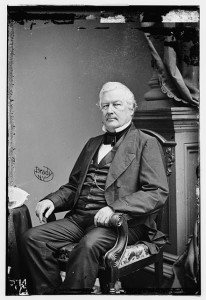
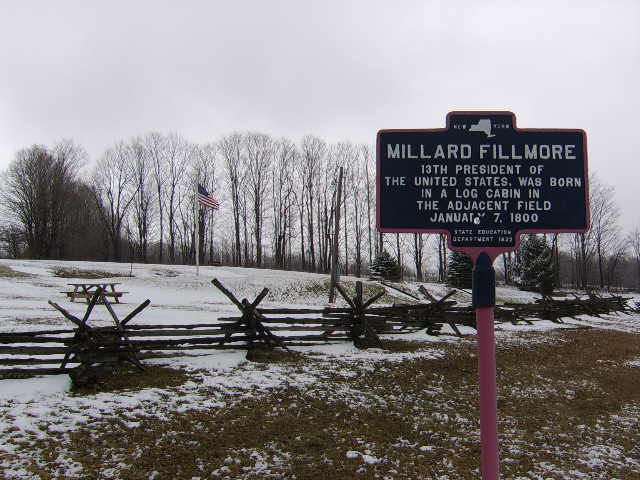
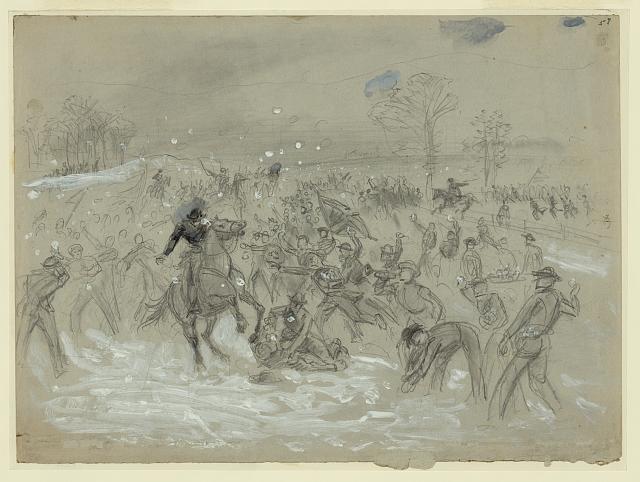
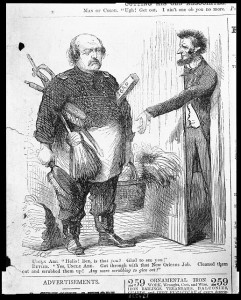
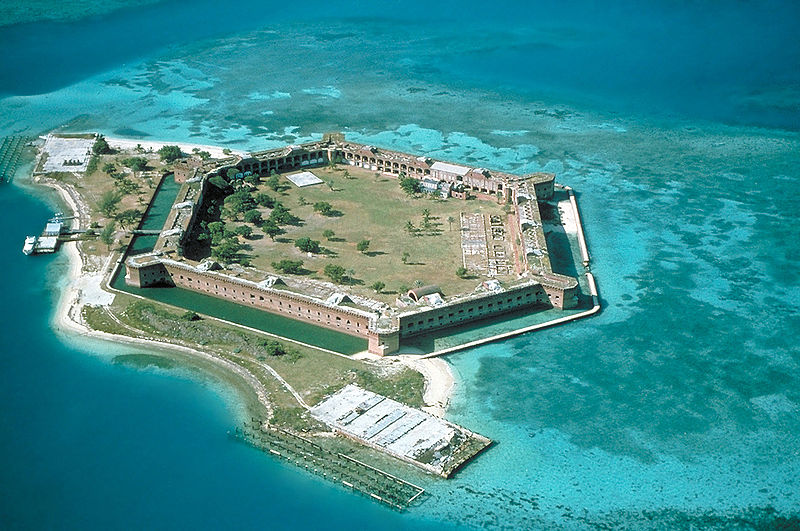


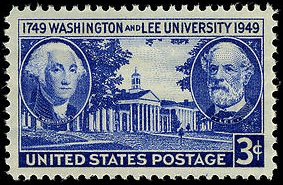
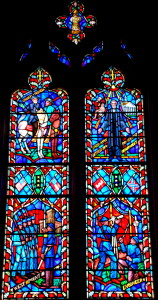
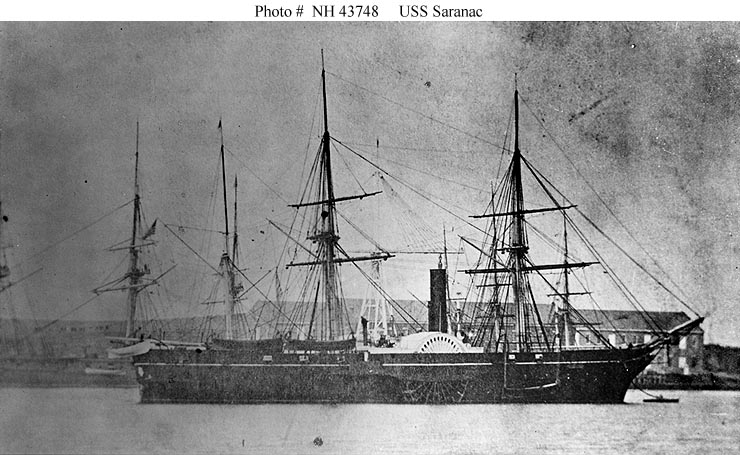
![[Abraham Lincoln] ([Cincinnati : Strobridge & Co.,] c1877 Oct. 12.; LOC: LC-DIG-ppmsca-19241)](https://www.bluegrayreview.com/wp-content/uploads/2014/03/19241r-247x300.jpg)
